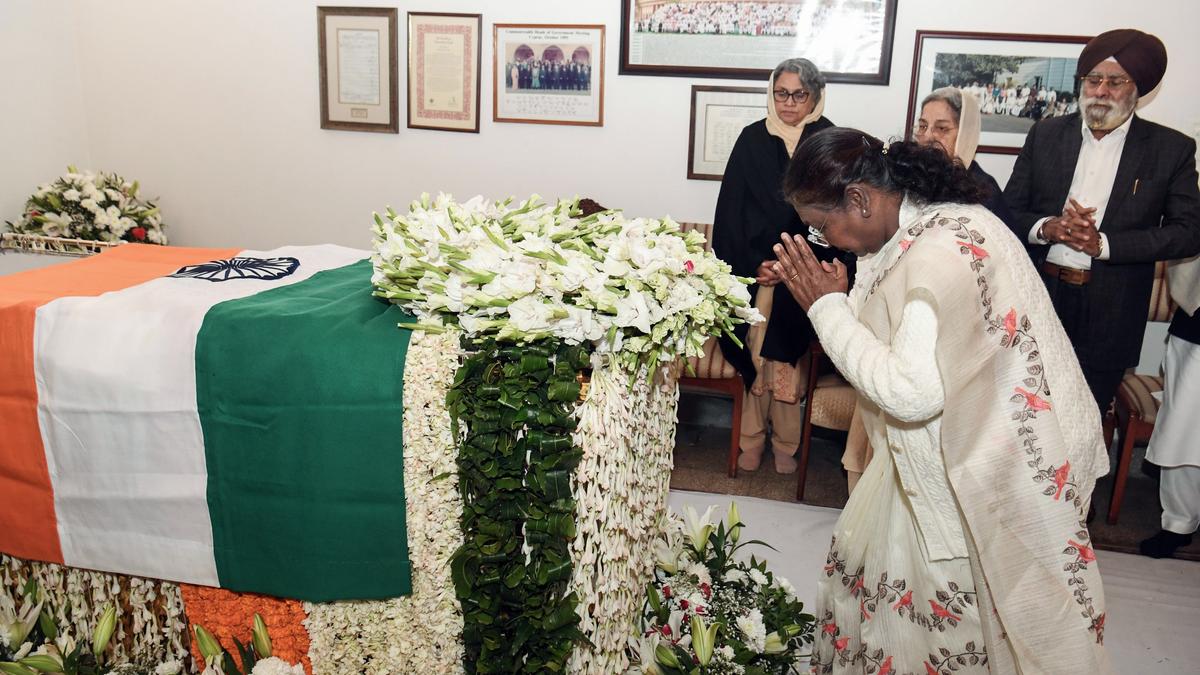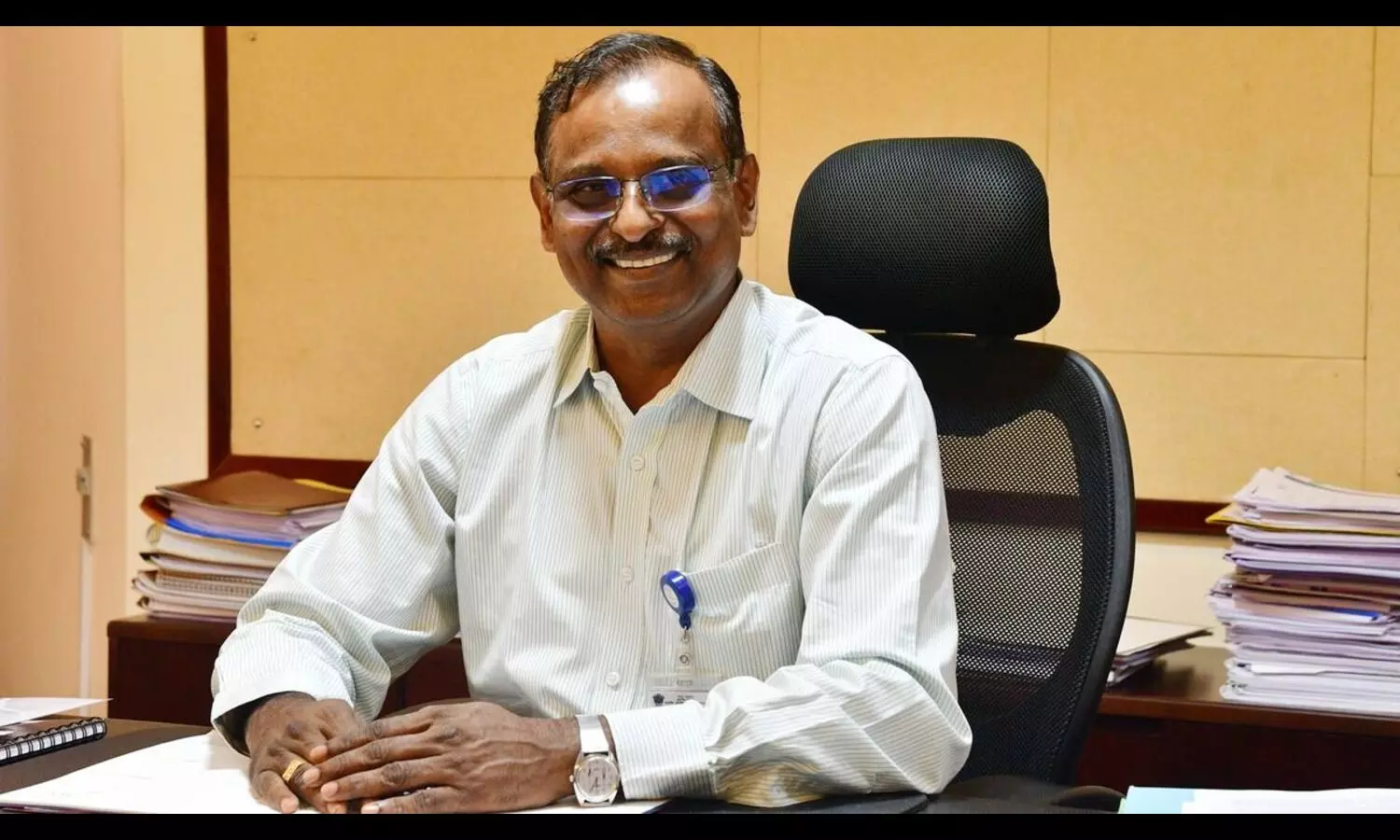Introduction of Dr. Manmohan Singh
The demise of Dr. Manmohan Singh signifies the conclusion of an important epoch in India’s history—an era characterized by his innovative leadership and substantial contributions to the nation’s economic and political development. Born on September 26, 1932, in a modest village in Punjab, Dr. Singh ascended to the status of one of the most esteemed figures in Indian history. He was not merely an economist; he was a statesman instrumental in repositioning India on the global stage. His passing elicits a profound sense of loss, prompting reflection on his substantial achievements, the challenges he navigated, and the enduring legacy he has bequeathed to the nation.
The Early Years: A Scholar’s Journey of Dr. Manmohan Singh
Dr. Manmohan Singh’s journey is a testament to the transformative power of education and perseverance. Born in a humble setting in Gah, now in Pakistan, he faced early challenges that shaped his character. His commitment to education was evident as he pursued his early schooling in India, where he excelled academically. This foundation laid the groundwork for his future endeavors.In pursuit of higher education, Singh moved to the United States, where he attended Cornell University and earned a degree in economics. His quest for knowledge continued in the United Kingdom, culminating in a Doctorate in Economics from the prestigious University of Oxford. These formative years were pivotal, fostering a deep understanding of economic principles and developing a vision for economic reform.With a strong academic background, Singh returned to India and began his illustrious career as an economist and policymaker. His tenure as the Chief Economic Advisor to the Government of India and later as the Finance Minister during the 1990s was marked by significant economic reforms, especially during the 1991 financial crisis. Singh championed liberalization policies that transformed India’s economy, promoting deregulation, foreign investment, and privatization.His leadership as the Prime Minister from 2004 to 2014 further underscored his economic acumen. Singh’s policies aimed at inclusive growth led to substantial reductions in poverty and advancements in social sectors. His tenure was characterized by a commitment to education, healthcare, and infrastructure development, which were crucial in sustaining economic growth.Dr. Singh’s journey from modest beginnings to becoming an influential leader exemplifies the impact of education and dedication to public service, leaving an indelible mark on India’s economic landscape.

Economic Liberalization: The 1991 Turning Point with Dr. Manmohan Singh
Dr. Singh’s tenure as the Finance Minister from 1991 to 1996 is often cited as a watershed moment in the history of Indian economy. Faced with a crippling balance of payments crisis, Singh took decisive steps to liberalize the Indian economy. India was on the brink of defaulting on its obligations, and the situation necessitated immediate action.
The liberalization measures he introduced led to a shift from a regulated economy to one that embraced globalization, free markets, and foreign investment. The significance of these reforms cannot be overstated; they transformed India’s economic landscape and laid the groundwork for the country’s emergence as a major player in the global economy.
The Economic Philosophy,Dr. Manmohan Singh
Dr. Singh’s economic philosophy was rooted in pragmatism, emphasizing a balance between state intervention and market forces. He often advocated for policies that encouraged growth while ensuring social equity. His tenure saw the introduction of several key reforms, including:
- Reduction of Import Tariffs: This allowed for greater trade and competition, facilitating a liberalized economy.
- Encouragement of Foreign Direct Investment (FDI): Singh’s policies attracted global investments, which were crucial in modernizing India’s industrial base.
- Privatization of State-owned Enterprises: Recognizing the inefficiencies of public sector undertakings, he championed the privatization process, boosting productivity.
Political Leadership: The Prime Ministership,Dr. Manmohan Singh
Servicing as Prime Minister from 2004 to 2014, Dr. Singh took his reformist agenda further. His leadership was characterized by a commitment to social and economic development. He emphasized inclusive growth, striving to ensure that the benefits of economic progress reached all segments of society. Notable initiatives from his administration included:
- National Rural Employment Guarantee Act (NREGA): This landmark policy aimed to provide a legal guarantee for at least 100 days of wage employment in a financial year to every rural household.
- Right to Information Act (RTI): Promoting transparency and accountability in governance, the RTI was a significant step towards empowering citizens.
- Economic Growth Rates: Under his leadership, India experienced remarkable economic growth, sometimes crossing the 9% GDP growth mark, which positioned India as one of the fastest-growing economies in the world.

A Visionary Diplomat,Dr. Manmohan Singh
Dr. Singh’s tenure was not solely about economic reforms; he was also a masterful diplomat. He understood the importance of international relations and worked tirelessly to strengthen India’s global standing. His efforts to enhance India-US relations were particularly noteworthy. He recognized that a strong partnership with the US was essential for India’s aspirations as a global player.
The landmark India-US Civil Nuclear Agreement was a significant achievement during his premiership, signifying a monumental shift in bilateral relations. This agreement not only bolstered India’s energy security but also strengthened strategic ties between the two nations.
Challenges Faced
Despite his numerous successes, Dr. Manmohan Singh’s leadership was fraught with challenges. The latter part of his tenure was marked by economic slowdown and allegations of corruption that plagued his administration. The global economic crisis of 2008 exerted pressure on India’s economy, leading to slower growth rates.
Moreover, the opposition’s criticisms, often intensified by a media that was quick to label him as a weak leader, impacted public perception. However, Dr. Singh remained steadfast, practicing a leadership style that emphasized integrity and a commitment to evidence-based policymaking.
Public Perception and Legacy
Dr. Singh’s legacy is multifaceted. To his supporters, he is a brilliant economist and a principled leader who transformed India’s economy and improved its global standing. To critics, his tenure was complicated by political indecision and the failure to tackle corruption effectively.
He remained a reserved figure, rarely engaging in the theatrics of politics, raising the question of whether this contributed to the perception of him as less decisive. However, many who witnessed his tenure from close quarters acknowledge his deep understanding of economic issues and his steadfast commitment to public service.
Reflection on His Death
The news of Dr. Manmohan Singh’s passing has elicited widespread grief and tributes from various quarters. Political leaders, economic thinkers, and the general populace have reflected on his enduring impact. Leaders across party lines emphasized the void his absence leaves in India’s political landscape, reinforcing the principle that integrity in leadership needs to be maintained.
Condolences flowed in from former global leaders and economists who lauded him for his unique ability to lead a nation through turbulent times. Social media was ablaze with tributes that celebrated his wisdom, vision, and commitment to public service.
Conclusion: The Future Without Dr. Singh
As we mourn the loss of Dr. Manmohan Singh, it’s essential to reflect on the path he paved for future generations. His legacy lies not only in the policies he implemented but also in the inspiration he provided for countless leaders and citizens. His commitment to democratic values, economic development, and social equity serves as a guiding light for India.
In a rapidly changing world, the principles he championed—integrity, pragmatism, and inclusive growth—remain vital. As India continues to navigate its path in the 21st century, drawing from Dr. Singh’s commitments will be crucial in addressing the challenges that lie ahead.
Final Thoughts about Dr. Manmohan Singh
Dr. Manmohan Singh’s contributions to India are undeniable, making his passing a significant moment in the nation’s history. It invites us to not only reflect on the achievements of a remarkable leader but also to carry forward his vision for a prosperous and equitable India. His life was a testament to the power of effective leadership, and as we bid farewell, we should strive to emulate the values he stood for—a commitment to progress, transparency, and upliftment of all citizens.
As we remember Dr. Manmohan Singh, let us not only honor his memory but also reaffirm our commitment to the principles he embodied throughout his life—a life dedicated to the service of the nation and its people.

Read more about Recruitment Notifications
Know latest current Affairs
Death of Dr Singh

